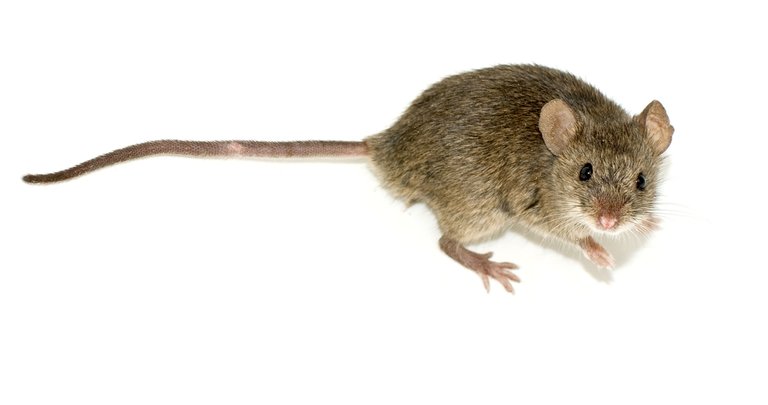Stays in the dark improve hearing

Mice who have been in the dark for a week better process sound than those who have been in the light. The neurologists of Maryland and John Hopkins have published this result in the specialized magazine Neuron.
It has been called the Ray Charles effect because it is the effect that occurs to the blind (and Charles was a blind musician); it was known that lack of vision increases other senses, especially the ear. However, scientists knew that a young brain is able to reorganize neuronal networks to carry out the necessary process to increase hearing. This study has shown that adult brains are also able to perform this reorganization, at least in the mouse.
In the case of young people it is easier but also occurs in the case of adult mice: neurons create more connections between the talamo and the auditory cortex after a week of darkening. In addition, it decreases the reaction time to the sound of neurons, developing a greater sensitivity to low sounds. Finally, those mice that have remained in the dark distinguish much better between the frequency of sound and the intensity of certain sounds than those that have been illuminated.
In the experiments of neurologists, the effects of the stay in the dark were lasting after the return of mice to the light environment, and the vision was not affected at all.
Experts do not know the days when a person should have the same effect, but it is possible that the stay in the dark is available to treat hearing problems.
Buletina
Bidali zure helbide elektronikoa eta jaso asteroko buletina zure sarrera-ontzian











